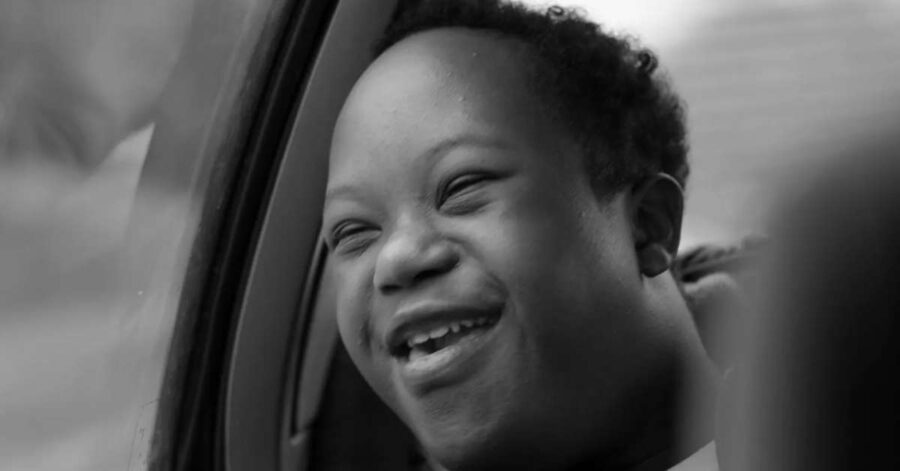
Reflecting Radiance: Celebrating Black Children with Black Down Syndrome
Shining a Light on Representation
For too long, Black children with Down syndrome have been underrepresented in media, advocacy, and even within the broader Down syndrome community. This invisibility has led to misconceptions, missed opportunities for support, and a lack of celebration of their unique radiance. Today, we reflect on the beauty, strength, and joy that Black children with Down syndrome bring to their families and communities and why their stories matter more than ever.
Can a Black Person Have Down Syndrome?
Absolutely—Down syndrome is a genetic condition that affects people of all races and ethnicities. The idea that Down syndrome is exclusive to certain groups is a myth. A black person with Down syndrome is just as likely to be born as anyone else, though the prevalence may vary slightly due to demographic factors like maternal age and access to healthcare. The condition, often referred to as black syndrome or black down syndrome in some communities, is caused by an extra copy of chromosome 21 and is not influenced by race.
Unique Challenges and Experiences
Health Disparities
Research shows that Black children with Down syndrome often face unique health disparities. For example, they may have less access to early intervention services and life-saving cardiac surgeries, which can impact their long-term health outcomes. These disparities are not due to the condition itself but rather to systemic inequities in healthcare and social support.
Delayed Diagnosis and Misunderstanding
Studies have found that Down syndrome in black infants and children is sometimes diagnosed later than in other groups. This delay can be due to a lack of awareness among healthcare providers about how Down syndrome presents in children with darker skin, as well as cultural and systemic barriers to accessing care. Early diagnosis is crucial for accessing therapies and support that help children reach their full potential.
Navigating Stigma and Stereotypes
Families of Black children with Down syndrome often navigate not only the challenges of disability but also the added weight of racial bias and cultural stigma. This intersection can make advocacy more complex, but it also fosters resilience and a powerful sense of community among families who share these experiences.
Celebrating Diversity and Strength
The Power of Representation
Seeing a black person with Down syndrome or a black person with Down syndrome in media, classrooms, and advocacy campaigns is vital. Representation challenges stereotypes, inspires other families, and affirms the worth and beauty of every child. Initiatives like the Black Child Down Syndrome project are working to amplify these voices and images, helping to redefine what Down syndrome looks like.
Community and Support
Support networks tailored to Black families are growing, offering culturally competent resources, advocacy, and a sense of belonging. These organizations help families celebrate milestones, share challenges, and build a brighter future for their children.
Embracing Radiance
Every child with Down syndrome shines in their own way, and Black children are no exception. Their stories are filled with laughter, love, and the breaking of barriers. By celebrating their radiance, we not only honor their individuality but also move closer to a world where every child is seen, valued, and supported.
Moving Forward: Advocacy and Awareness
- Promote early and accurate diagnosis by educating healthcare providers about Down syndrome in Black children.
- Support culturally competent care and resources for Black families navigating Down syndrome.
- Challenge myths and stereotypes by sharing stories and images of Black children with Down syndrome.
- Advocate for equity in healthcare, education, and community support.
Conclusion
Reflecting radiance means recognizing and celebrating the full spectrum of beauty, strength, and potential in Black children with Down syndrome. Their presence enriches our communities and reminds us that diversity is something to be cherished, not overlooked.

